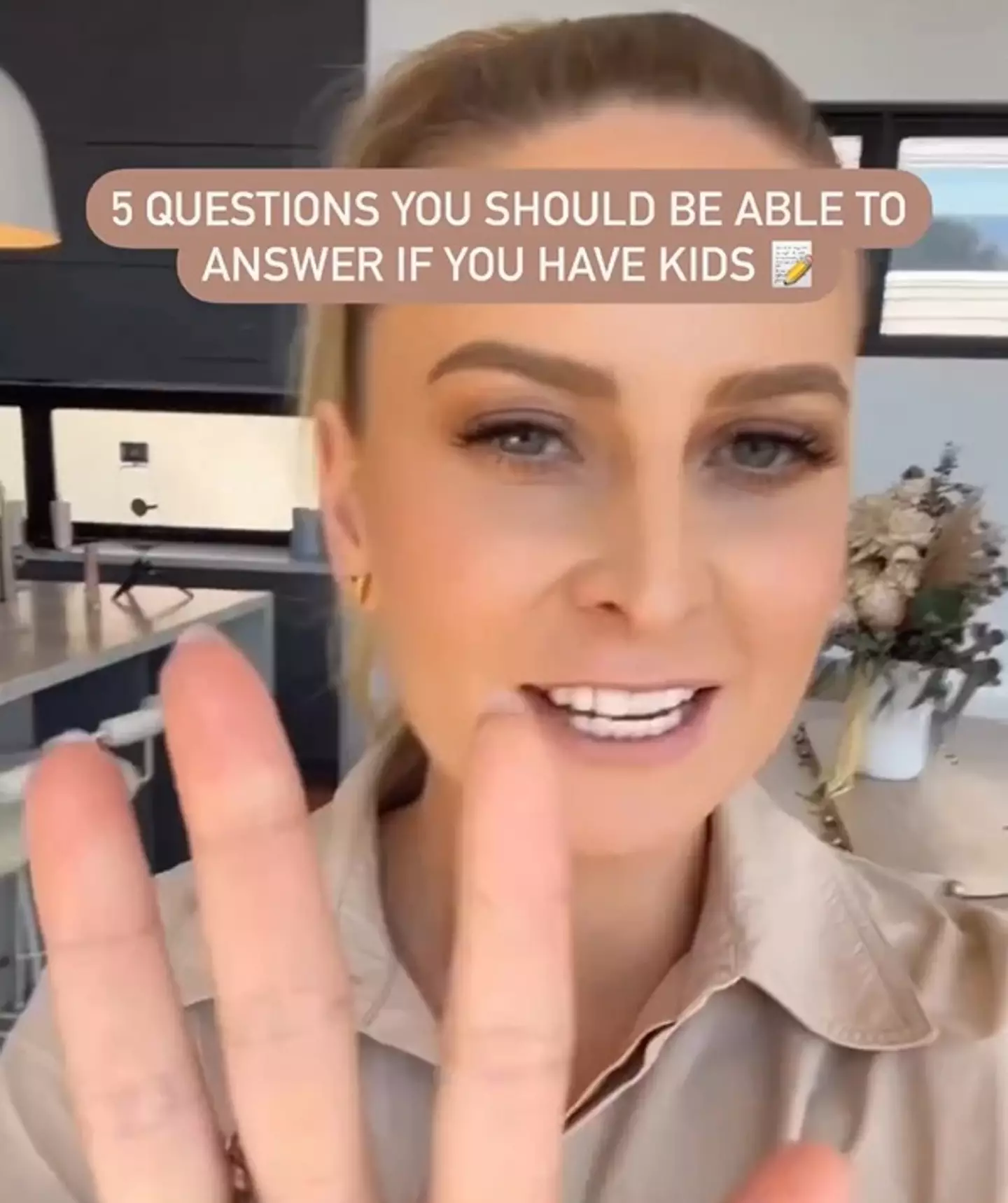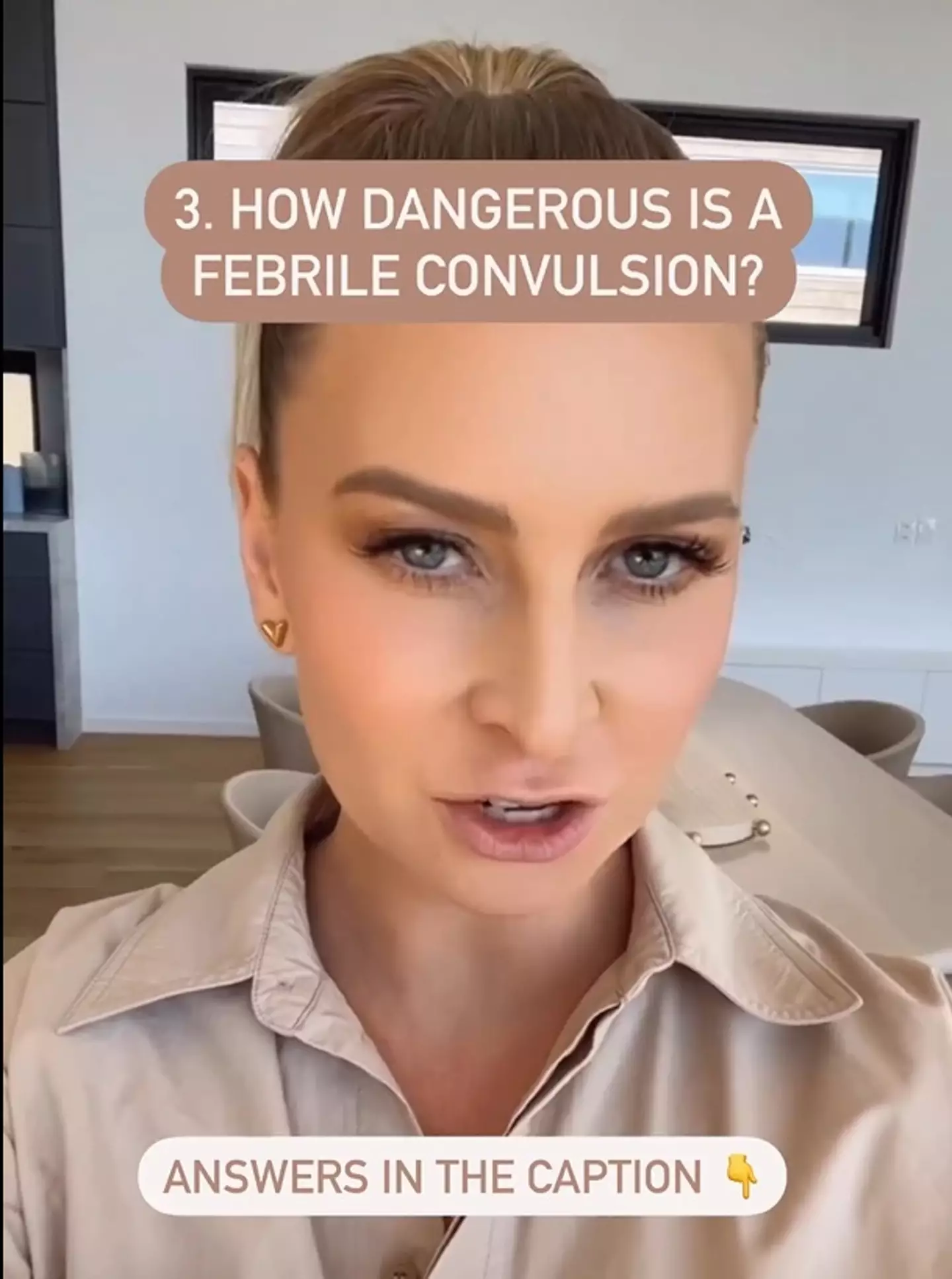.png)
A paramedic has revealed the five questions every parent needs to be able to answer if they're called in to help save a child's life.
Paramedic Nikki Jurcutz took to Instagram to give parents the information they needed to know if the worst should happen in a range of ways.
The paramedic ran through the questions parents would need the answers to, with the answers in the text of her post.
She said: "Here's the five questions you should be able to answer if you have kids.
Advert
"One, if your child is choking, what's the first thing you're going to do?"
The answer to that one is to work out if it's a complete obstruction of the airway, meaning your child can't breathe at all.
If that's the case you call the emergency services and start doing back blows and chest thrusts, so lean them forwards and give them five strikes on the back between the shoulder blades with the heel of your hand.
For most people you'd then try to give them abdominal thrusts, basically the Heimlich manoeuvre, but for babies you make sure they're facing upwards and push sharply downwards into the middle of their chest five times with two fingers.
Advert

Onto the second question: "You walk in to find your baby is unconscious and not breathing, what is the correct CPR compression to breath ratio?"
The correct answer is 30:2, so 30 compressions to two breaths when performing CPR, again using two fingers on the baby's chest.
According to St John's Ambulance you should ask someone to call an ambulance, while if you're on your own you should do a minute of CPR before calling for help.
Advert
They then recommended starting CPR with five breaths before switching to the 30:2 ratio.
The third question covered 'how dangerous is a febrile convulsion?', also known as a febrile seizure, and paramedic Nikki answered that children usually recover 'with no complications', but noted there were 'some risks associated with developing epilepsy'.

The conversation shifted to food allergies with question four as Nikki asked: "To reduce the risk of your child developing an allergy you need to introduce the 10 top allergenic foods before what age?"
Advert
Her answer to parents was for them to introduce their kids to the most allergenic foods before their first birthday.
The NHS recommends introducing solid foods at about six months and trying allergenic foods one at a time so parents can spot any potential reaction and get a clearer idea of what the cause would be.
As for the final question, Nikki asked 'how many vomits after a head injury' meant a parent needed to get their child to hospital.
The paramedic said the answer was that any more than one was a sign of a serious head injury.